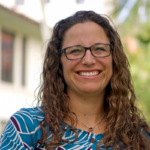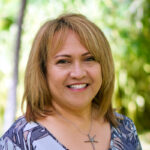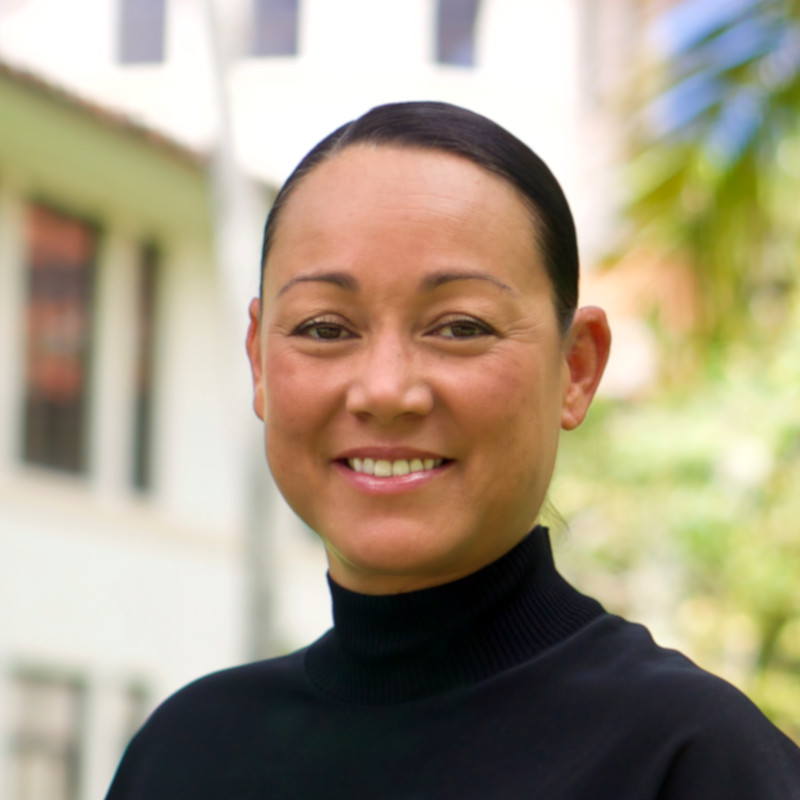
I Paʻa Ka Huewai Pawehe – “So That Our Prized Water Gourds Are Made Firm”
Associate Professor Erin E. Centeio, of the College of Education (COE) Department of Kinesiology and Rehabilitation Science, has been awarded a $2.85 million U.S. Department of Education Native Hawaii Education Grant.
I Paʻa Ka Huewai Pawehe is a three-year program with the goal of increasing the overall physical, mental, and emotional health and wellbeing of Native Hawaiian youth by initiating, expanding, and improving the instruction and implementation of health education, physical education, and physical activity through culturally relevant and trauma-informed teaching practices.

Under the direction of Centeio and co-direction of COE School of Teacher Education Elementary Director Kuʻulei Serna, I Paʻa Ka Huewai Pawehe is a partnership between UH Mānoa, the Hawaiʻi Department of Education, the Hawai‘i Department of Health, and Hip Hop Public Health.
“This is an amazing opportunity to design and implement culturally relevant health and wellness programming that will bring important resources to our schools and the keiki that they serve,” Centeio said. “Especially given the last year and a half with COVID-19, we know that our youth need the support and knowledge to improve their social, emotional, and physical wellbeing, and we can’t wait to get started.”
The program will strategically partner with 20 schools, spanning four complex areas, all with high populations of Native Hawaiian students.

Serna, who serves as the Health and TraumaContent Expert, stated, “I am so excited to work with our partners and schools to provide intentional programming to support the health and wellbeing of some of our most vulnerable populations in Hawaiʻi, more specifically school-aged youth and Native Hawaiians.”
There are four components of I Paʻa Ka Huewai Pawehe: 1. professional development and implementation of culturally relevant and trauma-informed teaching strategies; 2. professional development and implementation of quality health education and physical education; 3. integration of physical activity throughout the school day that incorporates social-emotional learning, science and math, as well as Native Hawaiian history and culture; and 4. integration of dual credit courses to help recruit Native Hawaiian youth into health professions and instill the importance of overall health in life.
“This grant will allow us to execute what we fundamentally believe is true about educating the ‘whole child.’ The promotion of healthy social, mental, emotional, and physical behaviors positively impacts academic achievement,” Serna concluded.

